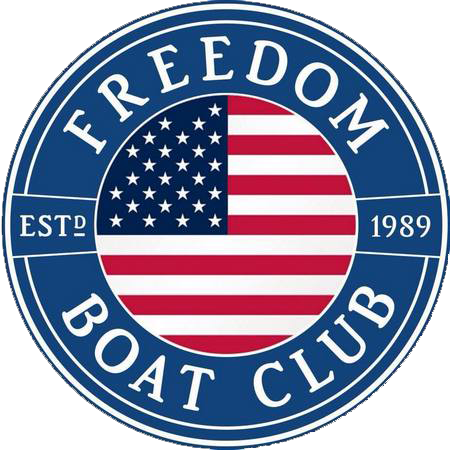Decoy Dolphins Help Conservation Efforts In Alabama
News Staff • June 23, 2023
Dauphin Island Sea Lab's Innovative Approach to Improve Reporting of Stranded Dolphins

The Dauphin Island Sea Lab recently conducted a successful public sighting and reporting assessment project, which involved deploying small, gray canvas decoy dolphins around Dauphin Island's beaches and marshes. This innovative initiative, led by the Alabama Marine Mammal Stranding Network, aimed to determine the detection and reporting rates for stranded dolphins in Alabama across different seasons and habitats, as well as to increase public awareness for reporting stranded mammals.
The decoys were equipped with a card that provided the Southeast United States stranding hotline number, allowing for efficient tracking of reports just like actual stranded marine mammals. The project's success was evident as it attracted numerous sightings from the public, including from individuals who had never reported a stranded marine mammal before. The data collected will be invaluable in helping scientists estimate the total number of dolphin strandings more accurately, identify periods and regions that need additional awareness campaigns, and shape conservation and management decisions for dolphins and other marine mammal species.
Press Release: During the last few months, residents and visitors may have seen small, gray canvas decoy dolphins on the beaches and marshes around Dauphin Island. These decoys were part of a public sighting and reporting assessment project led by scientists with the Alabama Marine Mammal Stranding Network (ALMMSN) based at the Dauphin Island Sea Lab.
The goal of the project was to determine the detection and reporting rates for stranded dolphins in Alabama in different seasons and habitat types and to increase awareness for reporting stranded mammals to the ALMMSN. Each decoy included a card with the Southeast United States stranding hotline number, the same number used to report actual stranded animals. Researchers could then track reports about the decoys in the same manner as stranded marine mammals.
“The project was a success,” said Dr. Jennifer Bloodgood, lead researcher on the project. “We received numerous sightings from the public, including many people who had never reported a stranded marine mammal before. This project increased people’s awareness of the reporting process, and we look forward to analyzing the data by season and habitat type and sharing those results as soon as possible.”
Data collected through this project will help scientists better estimate the total number of dolphin strandings, identify areas and times of need for additional awareness in Alabama, and inform conservation and management decisions for dolphins and other marine mammal species.
The ALMMSN team thanks all the people who reported the decoys to the stranding hotline. Some of the decoys went missing during the project. You can help ALMMSN with this project by reporting any decoys if they were not previously reported or by locating the decoys that were displaced during the survey. If you or someone you know has information on the whereabouts of decoys, please call the ALMMSN office at 251-861-2141 ext. 7557.
To report stranded marine mammals in Alabama, call ALMMSN at 1-877-WHALE-HELP (942-5353).
-

Slide title
Write your caption hereButton 
Slide title
Write your caption hereButton-

Slide title
Write your caption hereButton -

Slide title
Write your caption hereButton -

Slide title
Write your caption hereButton -

Slide title
Write your caption hereButton -

Slide title
Write your caption hereButton
-

Slide title
Write your caption hereButton -

Slide title
Write your caption hereButton -

Slide title
Write your caption hereButton -

Slide title
Write your caption hereButton -

Slide title
Write your caption hereButton -

Slide title
Write your caption hereButton -

Slide title
Write your caption hereButton -

Slide title
Write your caption hereButton
-

Slide title
Write your caption hereButton -

Slide title
Write your caption hereButton -

Slide title
Write your caption hereButton -

Slide title
Write your caption hereButton -

Slide title
Write your caption hereButton -

Slide title
Write your caption hereButton -

Slide title
Write your caption hereButton
Recent Posts



Subscribe to our
Newsletter
Our newsletter is focused on bringing you the latest in news, events and weather for the coastal Alabama area.
